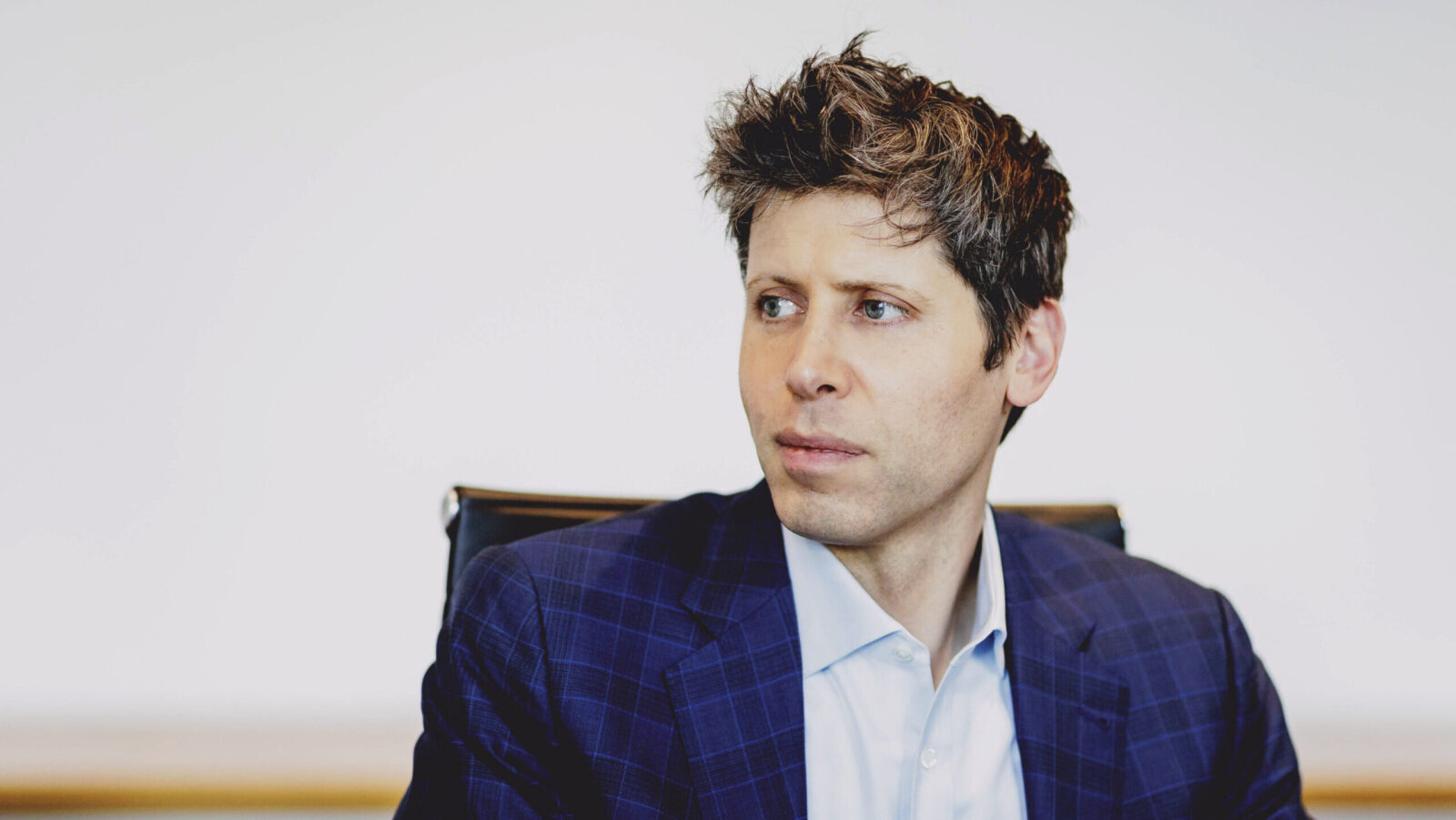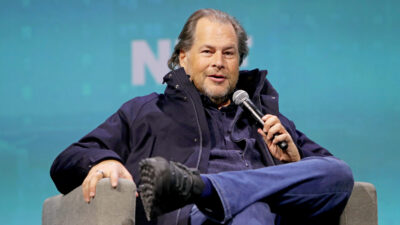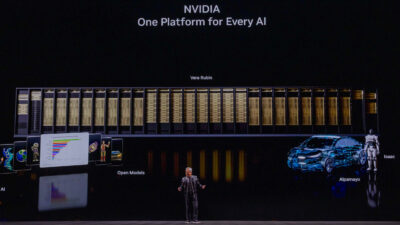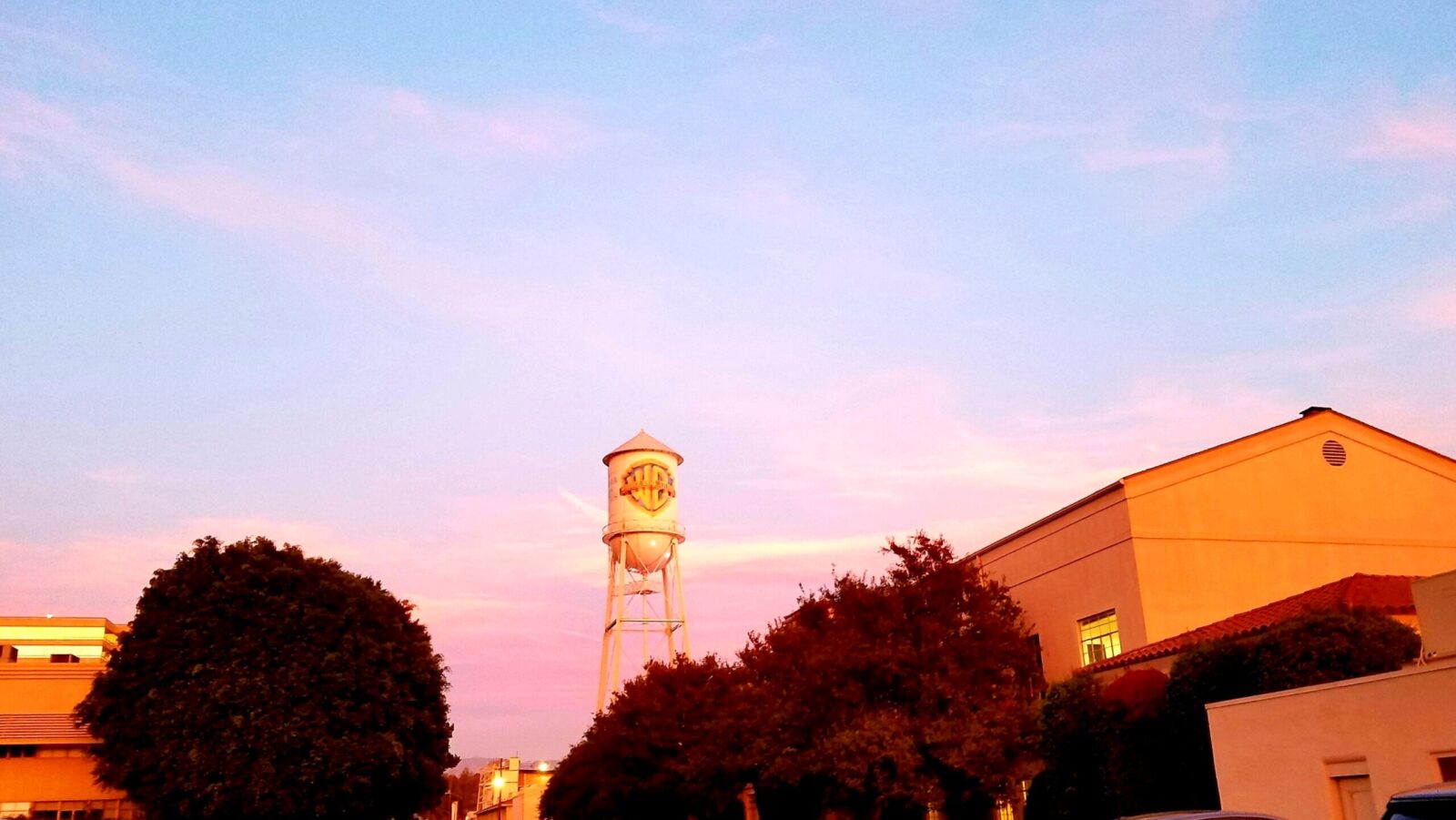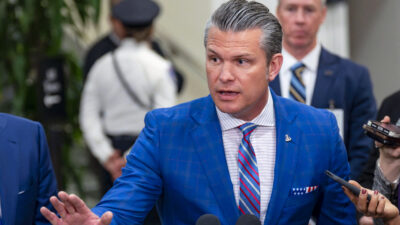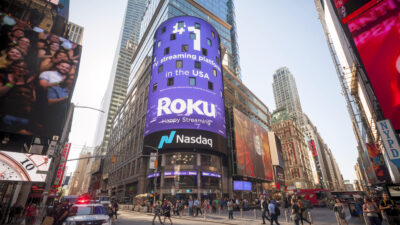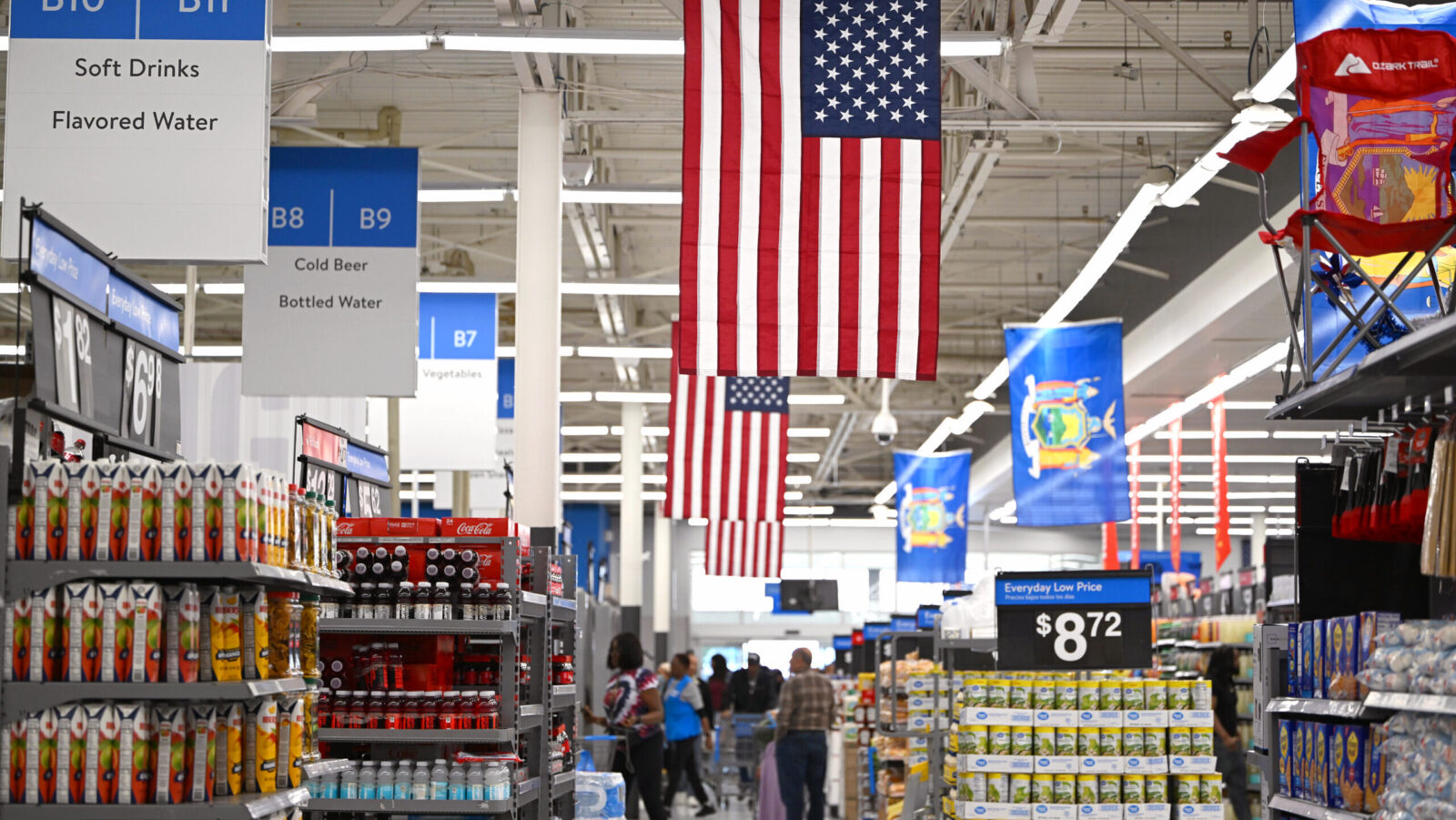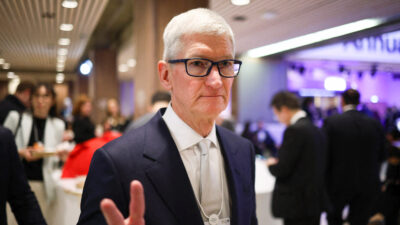No ‘Gray’ Area in New York Times’ AI Deal with Amazon
The agreement comes as The New York Times continues to sue OpenAI and Microsoft for alleged copyright infringement.
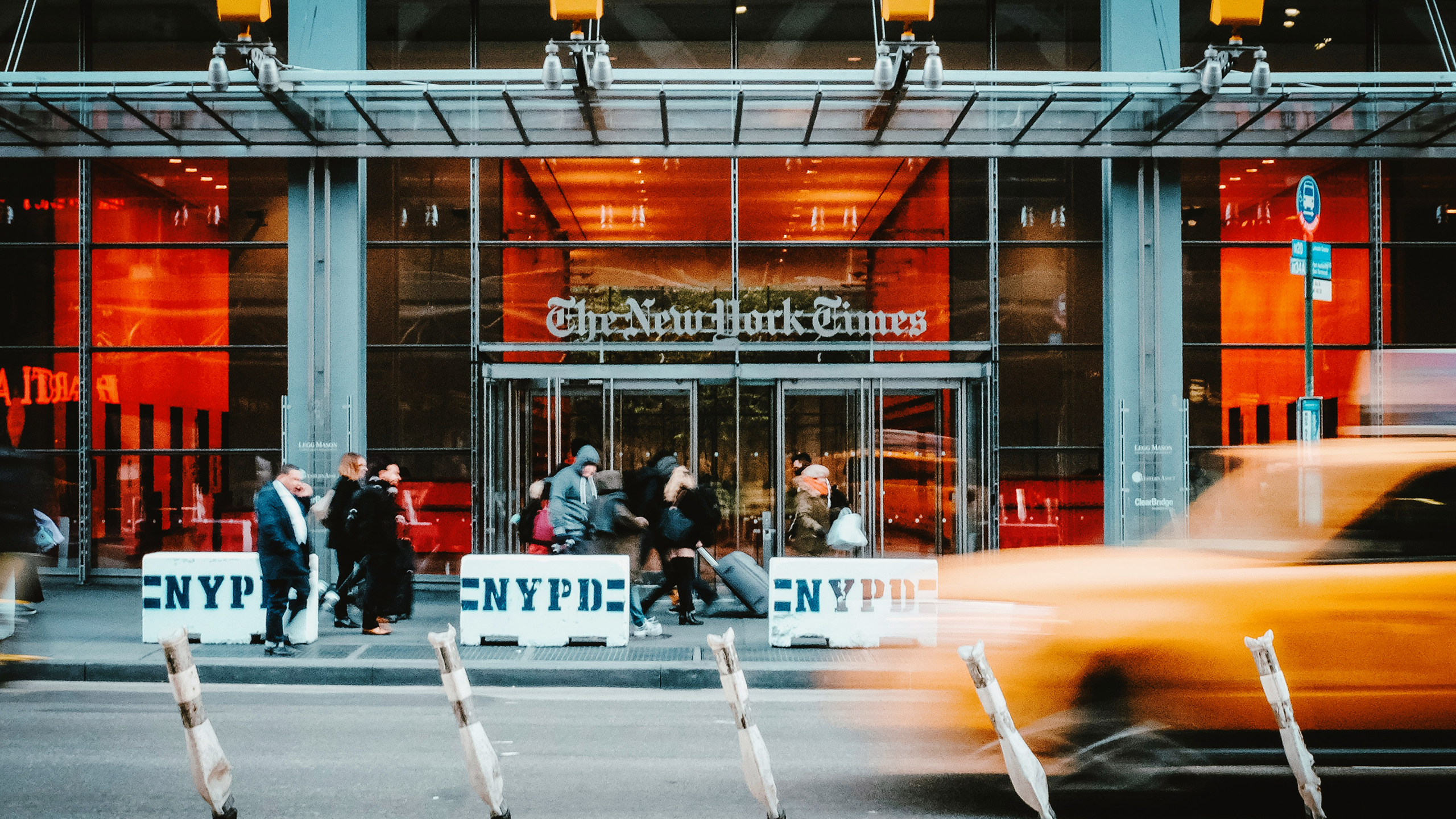
Sign up for smart news, insights, and analysis on the biggest financial stories of the day.
Spoiler alert: The answer to today’s Wordle is B-E-Z-O-S.
In a first-of-its-kind deal for the historic paper of record, The New York Times last week inked a deal to license its vast editorial library for use in Amazon’s various AI platforms. The agreement comes as the Gray Lady sues OpenAI and Microsoft for alleged copyright infringement, one of the major legal battles in the AI-spawned era of copyright war.
Pitch Bot
Under the licensing deal (financial terms still undisclosed), Jeff Bezos’ e-commerce/cloud computing/digital media giant can showcase NYT news articles, recipes, and other material across its consumer-facing AI programs. Ask Alexa how to scramble eggs and, deep down in the layers of the neural network, that could be Kenji López-Alt speaking to you. It’s a first for the NYT but hardly for the rest of the industry. Condé Nast, The Atlantic, Axel Springer, the Associated Press, and the Bezos-owned Washington Post have all struck similar licensing agreements with OpenAI. In a situation similar to the NYT’s, with one of the same players, News Corp is concurrently suing Perplexity AI over copyright-infringement claims and licensing its content to OpenAI.
Translation: If you want your chatbots to train on and feature these companies’ content, pay up. But just how much is news content worth to the AI industry? Depends on whom you ask:
- According to The Information, OpenAI offers publishers as little as $1 million to $5 million annually to license their content. In late 2023, the NYT reported that Apple was offering $50 million multiyear deals to license news content for AI model training.
- That’s small potatoes compared with the “billions of dollars in statutory and actual damages” the NYT is claiming in its suit against OpenAI. In that case, the NYT is essentially claiming that OpenAI and Microsoft unlawfully used copyrighted material to train its chatbots, which sometimes appeared to respond with content copy-pasted right from the NYT, siphoning away valuable clicks and subscriptions from the NYT itself while helping OpenAI grow into one of the most valuable private companies in the world.
Fair Use It or Lose It: AI firms tend to argue that their models are trained on publicly available data — “fair use” under copyright law. Whether the law agrees or not is still being sorted out, though it seems clear the AI industry sees its existence hinging on courts agreeing with its interpretation. In the UK, a coterie of high-profile performing artists, including Elton John, Dua Lipa, and Ian McKellan, are pushing for a law that would require artists to opt-in to their works being used to train AI models. Last week, former Deputy Prime Minister and ex-Meta executive Nick Clegg told British outlet The Times that passing such a law in the UK, while other countries do not, “would basically kill the AI industry in this country overnight.”
